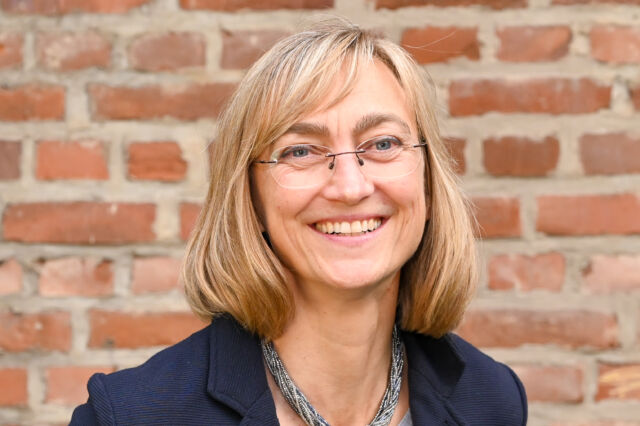
The GCP Membership gathered for a deep discussion on the what, the who and the how of regenerative agriculture in coffee farming. The first in a new series of exclusive GCP Member Exchanges held on 13 March 2024, brought together 68 participants representing 39 member organizations to share insights, learn from each other, and to contribute to the beginning of a common approach to the critical topic of regenerative agriculture.
“Regenerative Agriculture is gaining traction globally and has already been recognized as a key enabler for the transformation of food systems. Beyond the ecological benefits, such as increased resilience and improved biodiversity, are the evidence of economic benefits that introducing regenerative practices can have,” said GCP’s Director Programs and Corporate Partnerships, Gelkha Buitrago.
Join the discussion and share your views & perspectives on regenerative agriculture by taking the poll below.
The exchange showed that there is a broad agreement on the importance of the core principles of regenerative agriculture, with soil management, biodiversity, water scarcity and deforestation as key components in the discussion. However, challenges arise when attempting to define how to address regenerative agriculture and measure its results and impacts.
Sharing insights; sharing responsibility
During the first part of the meeting, GCP Members shared insights on the work they are conducting on regenerative agriculture, why it is important for their business and organization and what challenges and questions they are facing.
Representatives from illycaffè, Nestlé, Rainforest Alliance, Olam Food Ingredientes (ofi) and GCP Brazil, shared details on their respective strategies and pointed to important gaps in a common definition and in alignment of practices and principles. All these different approaches emphasize on keeping the farmer at the core of efforts in the transition to regenerative farming and managing the financial brunt of the costs.
Speakers of these member organizations also brought up the importance of working collectively to create credible definitions and measurement that manage the risk of greenwashing, as well as the current lack of positive business cases that show the economic and productivity benefits of regenerative agriculture.
For the second part of the Member Exchange, participants discussed three key questions in smaller groups: Is regenerative agriculture a game changer? What are some of the burning questions we need to answer? Would having a common approach to using Regen Ag principles help support coffee farmers and sector alignment?
A game changer?
Key highlights from the session reiterated that, although regenerative agriculture is not a new phenomenon, there is currently a need and momentum for alignment on its definition, economic viability, and measurement.
GCP Members agreed that regenerative agriculture has the potential to be a game changer at the farm level in view of limited access to resources, the continuing impacts of climate change and extreme weather events and the need to mitigate against their impact.
Finally, the discussion showed what members think the role of GCP could be in advancing regenerative agriculture. It was emphasized that ensuring a consistent, aligned, and cohesive common approach on regenerative agriculture is critical. Especially in terms of knowledge and information resources that allow everyone to understand the present challenge and bring it up to scale, while giving credibility to action along the whole coffee supply chain. Members noted the successful development of sustainability tools by GCP for the membership and the sector at large, including the Coffee Sustainability Reference Code as one of the tools that is advancing coffee sustainability through alignment and a common language.
Join the discussion and share your views & perspectives on Regen Ag by taking the poll below. What should the next step look like?
Results of the polls

What are the next steps?
Help us by participating in this short poll:
